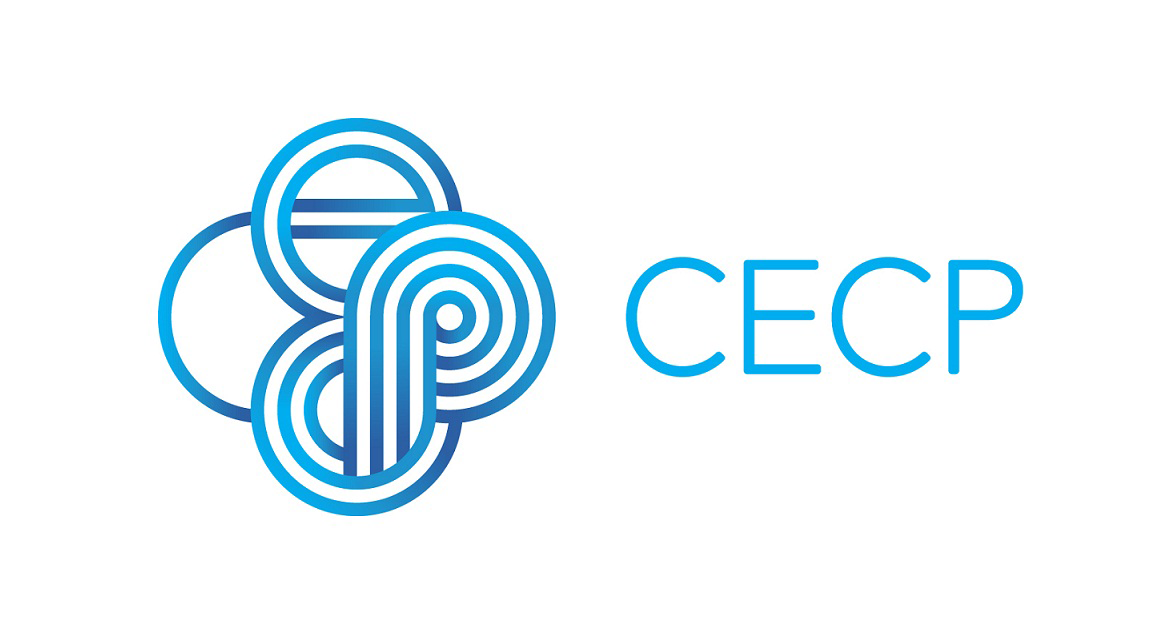Growing Global Footprints Lead to Investments in Global Communities
As Businesses Expand Globally, So Does Support of International Causes

November 19, 2013 /3BL Media/ - A first-of-its-kind country-by-country analysis of international giving by the world’s largest companies showed that corporate giving departments’ decisions on where and how much to give is compelled by business goals, with India topping the list of countries receiving contributions from the most companies, followed by Canada, China, and Mexico. The new report by CECP, Giving Around the Globe, found that companies tend to favor neighboring countries and emerging markets when investing across borders. While companies gave to a median of 25 different countries, the majority of their giving went to only a small number of countries—with the UK, Canada, Australia, and Germany receiving the largest aggregate dollar amounts of international giving. Median total giving in 2012 of responding companies was US$29 million.
“This study confirms what we know to be true; while companies are expanding their global footprint, they are simultaneously shifting their attention to investing in solutions to global community issues,” stated Daryl Brewster, CEO, CECP. “They understand that to be global leaders in business, they also have to lead in addressing societal challenges wherever they want to have a presence. They can no longer undertake business in isolation and understand their deep connections to the places where they operate—and the benefits of doing so.”
Global giving data from 60 of the largest multinational companies headquartered around the world—with an aggregate total giving of US$6.8 billion—revealed significant regional differences in how those companies gave. Companies in the sample gave in unique ways by region:
- North American companies gave more or less equal amounts of each of the three giving types: direct cash, foundation cash, and non-cash.
- Asian companies gave the least in non-cash contributions.
- European companies favored direct cash over foundation cash, giving more direct cash contributions than companies from other regions, and gave more internationally than non-European companies.
- Latin American companies gave more foundation cash than non-Latin American companies did.
The largest companies in the study—those among the largest 200 companies in the Forbes Global 2000—gave more internationally: 34% of their contributions went to recipients abroad, compared to an average of 26% given abroad by all other companies.
“Corporations headquartered all over the world have long needed a common language, free of one country’s bias, to compare their social investments and learn from each other’s successes,” stated Carmen Perez, Manager, Measurement and Standards and report author. "Giving Around the Globe advances this conversation, and we look forward to its growth and integration into CECP’s long and robust history of being the leading voice on global corporate contribution trends through Giving in Numbers.”
All of the giving captured by this study went to grantees meeting the three CECP-developed Global Guide criteria for qualified recipients.
- The recipient must be formally organized;
- The recipient must exist for a charitable purpose; and
- The recipient must never distribute profits.
CECP’s research is widely used by the world’s largest companies, including its data and tools, such as benchmarking tables, which can be practically applied by corporate responsibility professionals to strengthen and grow corporate societal investments to be more sustainable and tied to the unique skills and resources of each company.
The report is available as a free download at cecp.co/global. For more information and to take part in the 2014 survey, please contact Carmen Perez at info@cecp.co or 212-825-1000.
CECP proudly undertook this research with support from partner institutions around the world, including the Korea Productivity Center in Korea and Comunitas in Brazil.
“I applaud the Global Corporate Giving Initiative, which offers companies the possibility to enhance transparency in their corporate philanthropy by disclosing relevant and reliable information,” stated Dongsoo Kim, Director, Sustainability Management Center, Korea Productivity Center. “Through this initiative, Korean companies are able to visualize their philanthropic performance in comparison with other companies from different regions to strategically find their future orientation by triangulating what is being measured and how to improve their corporate philanthropy.”
“The insights from Giving Around the Globe will be a good tool for Comunitas partners,” stated Regina Célia Esteves de Siqueira, Executive Superintendent, Comunitas. “The Brazilian corporate social investment community can finally compare with companies headquartered around the world and we are able to see how Brazil stands out and where we can expand our efforts. It is an important complement to the successful benchmarking Comunitas does domestically (BISC) that companies value so much.”
About CECP
CECP draws together and empowers senior executives of the world’s leading companies to achieve unprecedented progress on societal challenges while driving business performance. Through convenings and thought leadership, CECP fosters collaboration among Fortune 500 companies striving to solve some of the world’s most pressing problems through the skills and resources of their companies. CECP, a global nonprofit organization, is an irreplaceable partner to the world’s leading CEOs and companies, counting more than 150 affiliated at the CEO level and 50 at the company level. For more information visit cecp.co.

